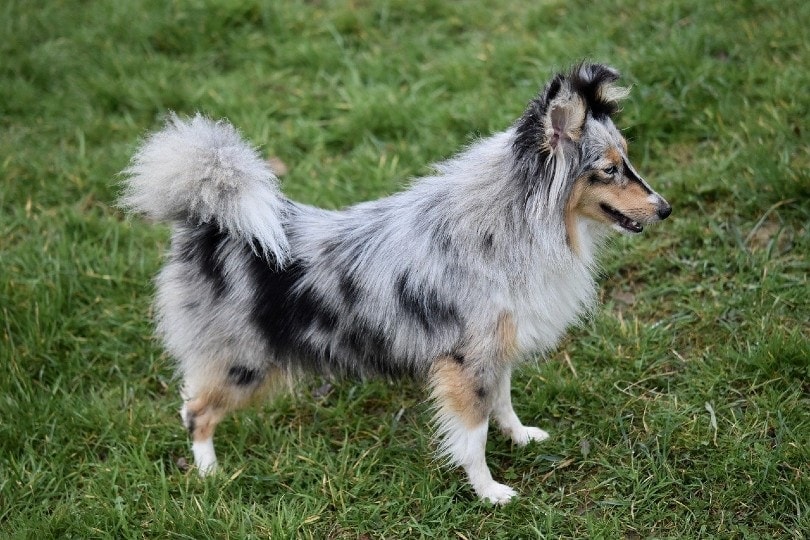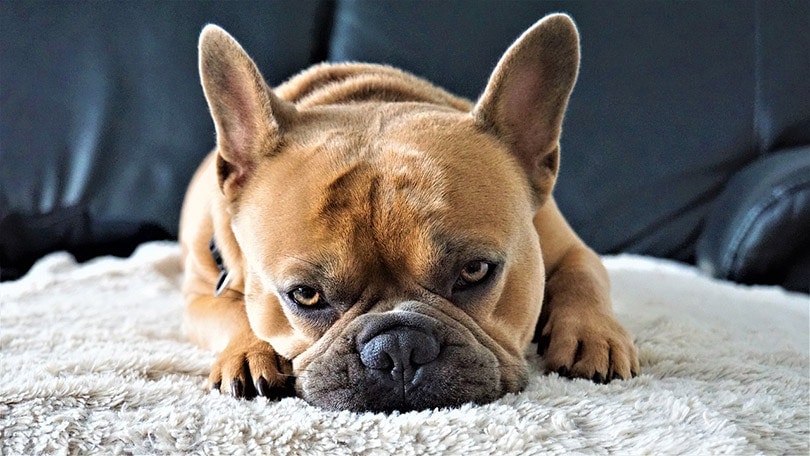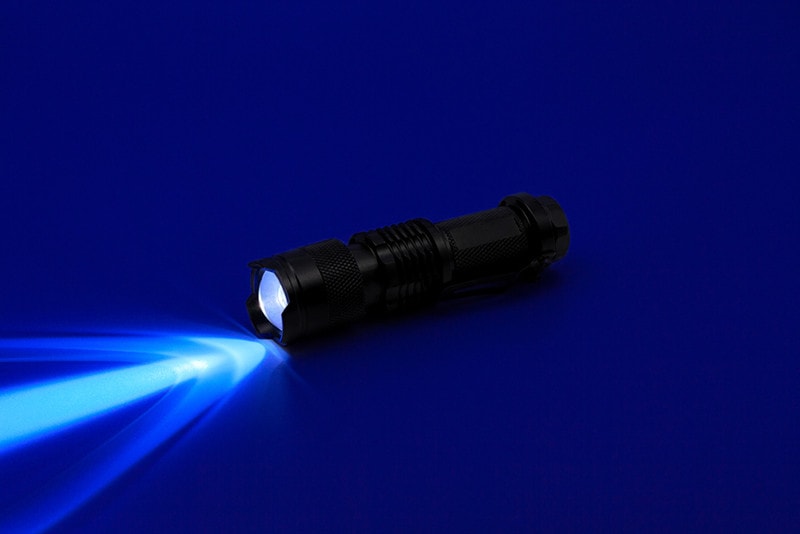When Do Puppies Start Barking? Facts & FAQ

Updated on
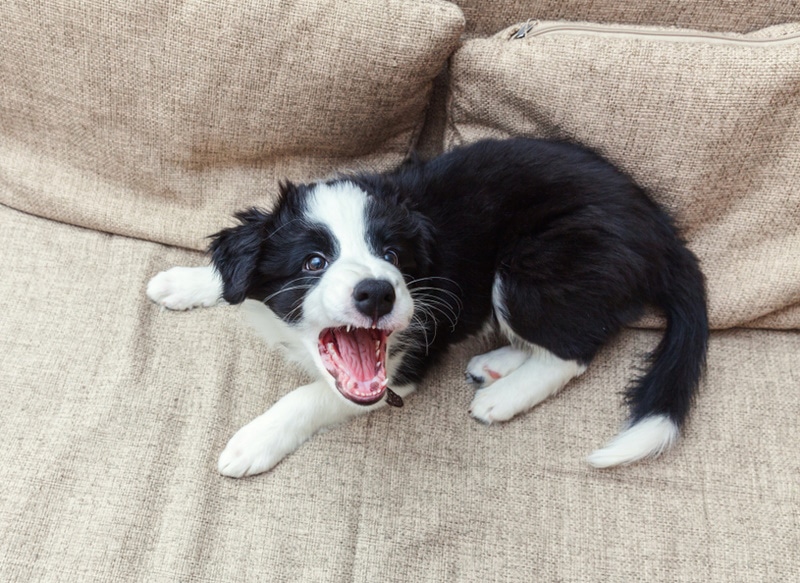
The first few days of bringing your sweet new puppy home are exciting and heartwarming. This little bundle of cuteness is all-consuming, and it’s easy to spend your days cuddled up in love. You will notice their puppy smell, soft fur, and the sweet little groans and squeaks, which may lead you to wonder when your puppy will start barking.
You will notice vocalizations from your pup in the first week of their life, but most puppies do not bark until they’re around 3 weeks old. The bark will sound more like a soft yap, but by 6 weeks old, the dog’s vocalizations will be more developed, and you may hear the familiar sound of a puppy bark.
We’ll look at why puppies bark and when can help you understand your new pup a little better.
 Why Do Dogs Bark?
Why Do Dogs Bark?
Barking is a form of communication, and there are many triggers that encourage your dog to bark. A dog will bark to attract attention, and while their bark should be acknowledged, it should not be encouraged.
Dogs can bark due to boredom or frustration or to warn you of possible danger, but the barking isn’t always associated with something negative. Your dog or puppy can bark when they are excited, playing, or seeking attention. It is essential to learn and understand the difference; that way, you can teach your puppy not to bark unnecessarily.
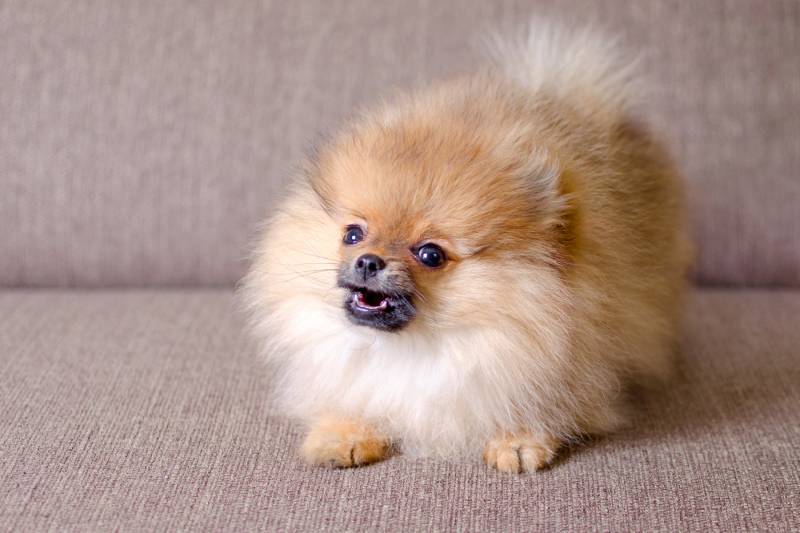
When Do Puppies Start Barking?
Barking begins when dogs are as young as 3 weeks old, but the soft whine that you hear from your puppy won’t be the same bark you will hear as they become an adult. From around 6 weeks old, you will hear a louder and more confident bark as your puppy develops and discovers the power of its voice!
Barking is part of their development and a way to socialize, but each puppy is unique. Some puppies choose to communicate vocally, while some use physical acts or gestures to get attention. Some puppies will start barking earlier or later in life, but this is nothing to be concerned about!
A dog’s temperament and breed are factors in how soon they will start barking, and living with other dogs can teach your pup to start barking sooner.
How Do I Stop My Puppies Barking from Becoming a Habit?
You will hear many dog owners complain about the irritation of excessive barking. While your puppy is learning to communicate, try not to reward unnecessary barking that can turn into a habit. You need to determine the reason for your puppy barking before attempting to control it. Generally, a well-exercised and stimulated dog shouldn’t bark all the time.,
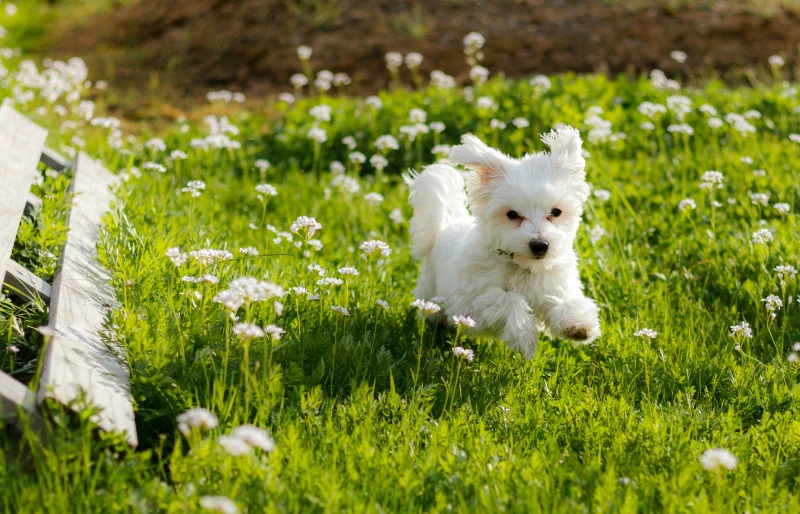
 Final Thoughts
Final Thoughts
There are many factors that will determine when your puppy starts barking, but it will usually be around the 6-week mark. There are also a few reasons why your puppy could be barking, but all you need to know is that their sweet yaps are part of their development and method of communicating.
Enjoy the mild barks while they are young because they only get louder and more frequent as they get older, and by that time, although they are necessary, they are not as amusing as puppy barks.
Featured Image Credit: Julia Zavalishina, Shutterstock
 Why Do Dogs Bark?
Why Do Dogs Bark?